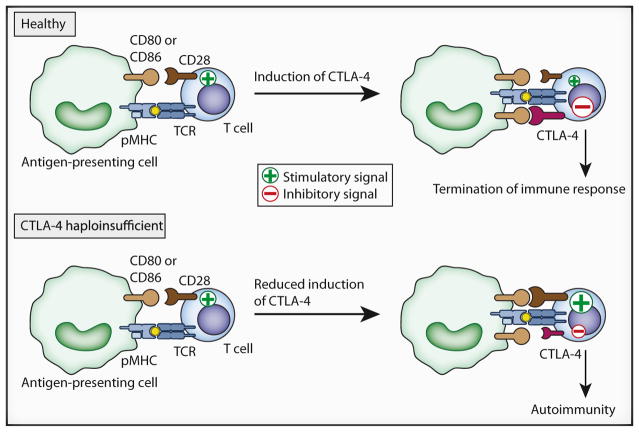Figure 1. Development of Autoimmunity in Patients with CTLA-4 Haploinsufficiency.
In naive T lymphocytes from healthy CTLA4+/+ individuals, TCR signaling in response to cognate antigen is accompanied by CD28 costimulation, resulting in the rapid induction of inhibitory CTLA-4 coreceptors on the cell surface. CTLA-4 has a higher affinity for the ligands CD80 and CD86 than for CD28. Therefore, a switch to negative signaling occurs to inhibit T cell activation and appropriately conclude the immune response. In contrast, CTLA-4-haploinsufficient patients express reduced levels of CTLA-4 on activated T effector cells. This alters the balance between stimulatory CD28 and inhibitory CTLA-4 signals, sustaining the activation and proliferation of antigen-specific T cells and leading to autoimmunity. pMHC, peptide major histocompatibility complex.

